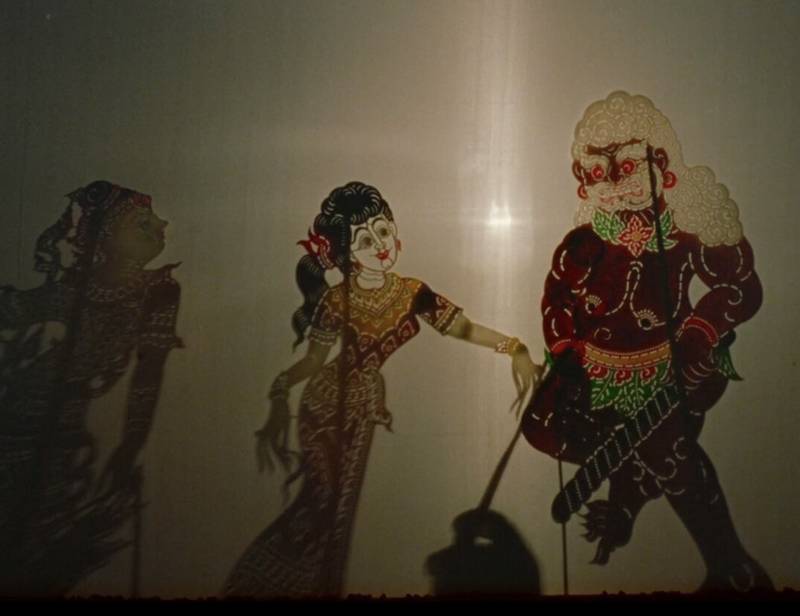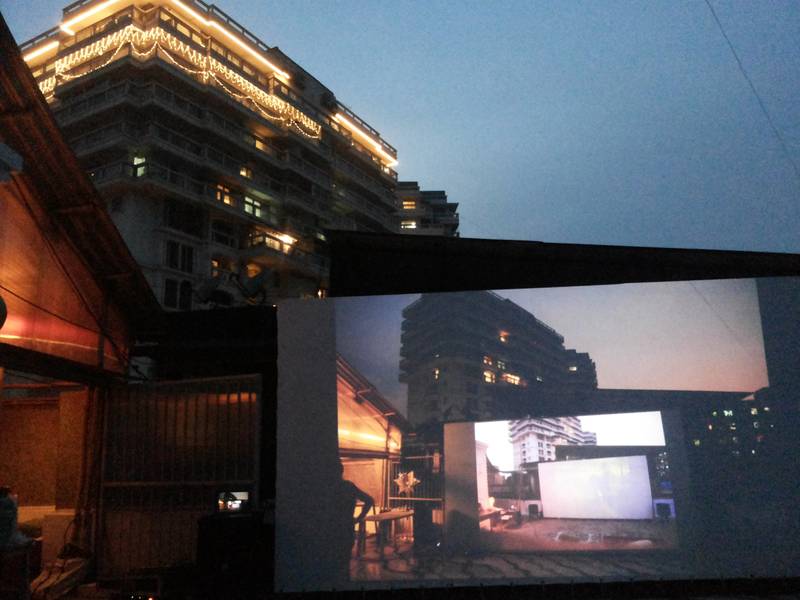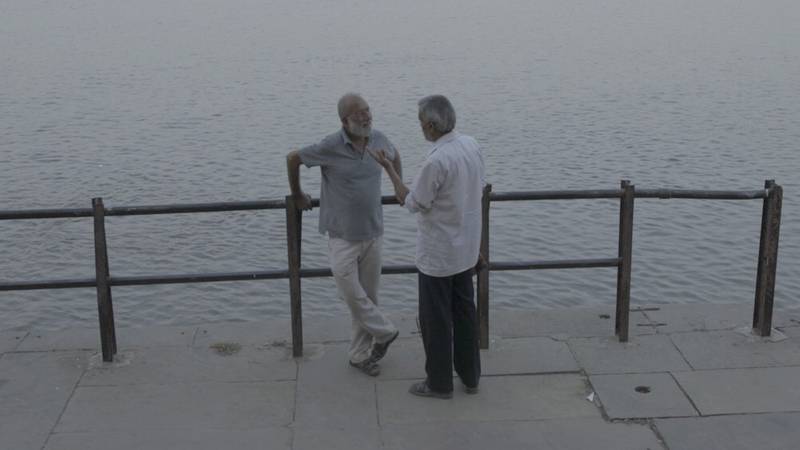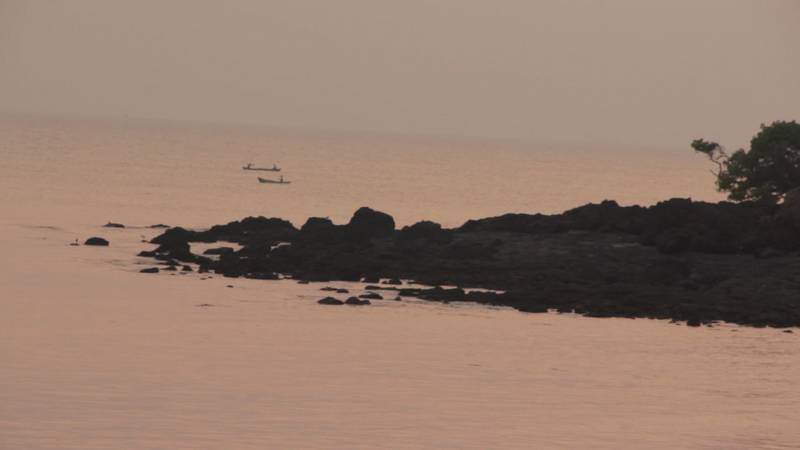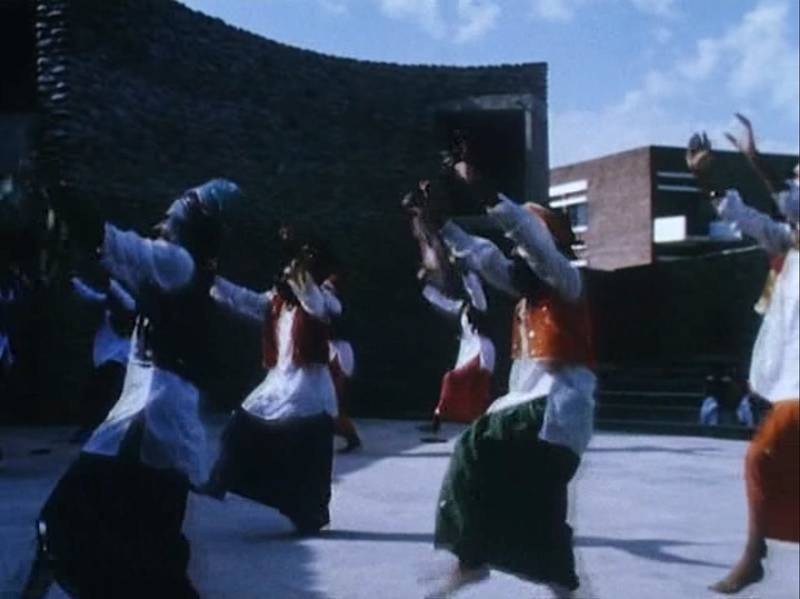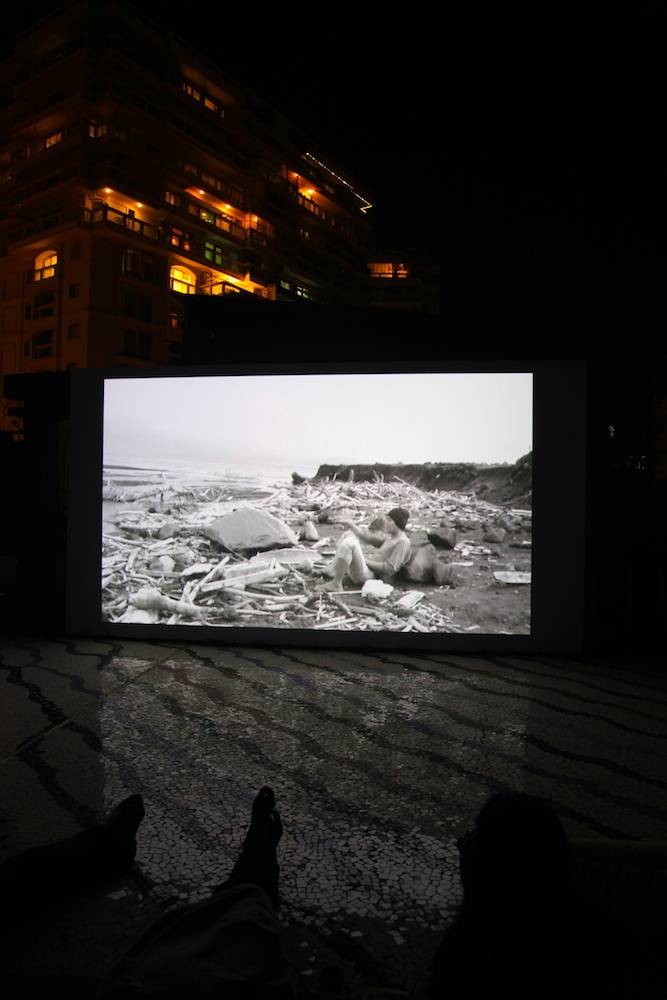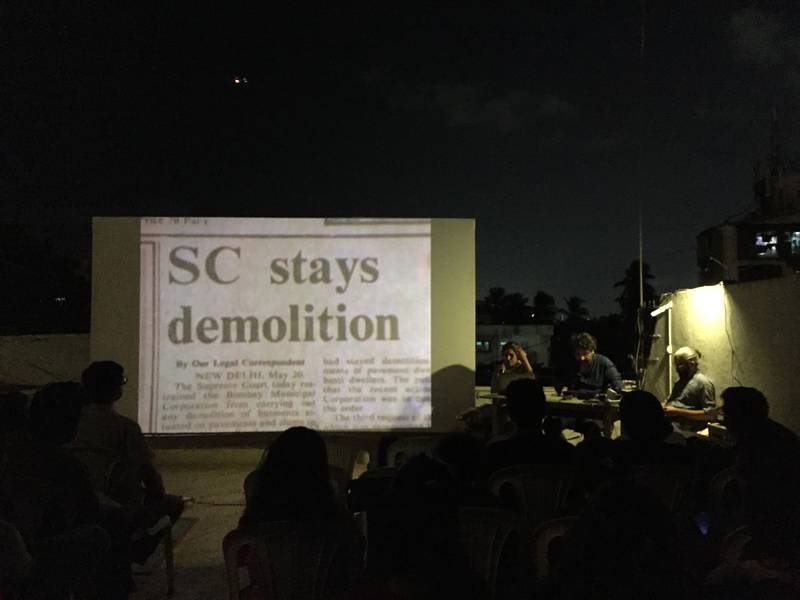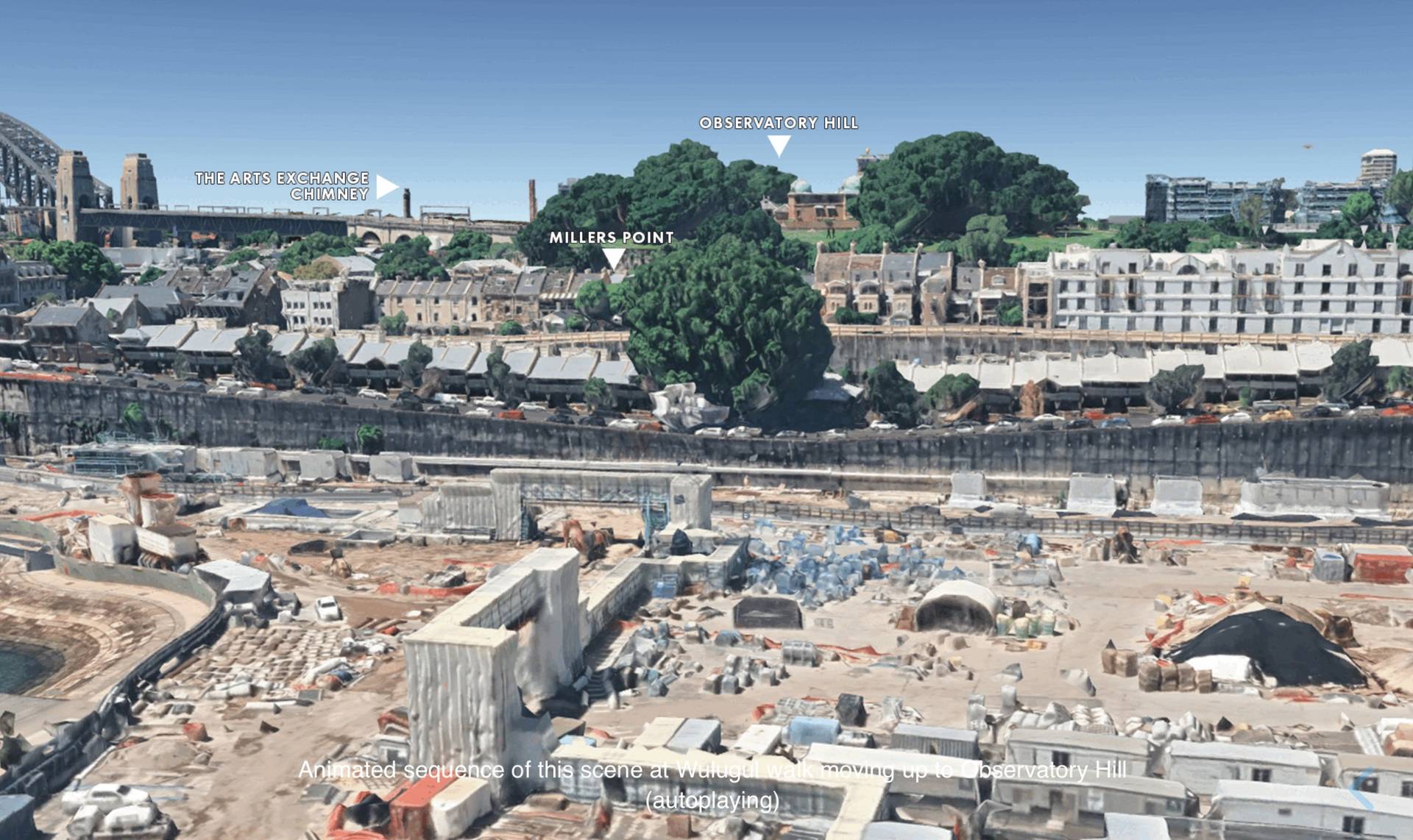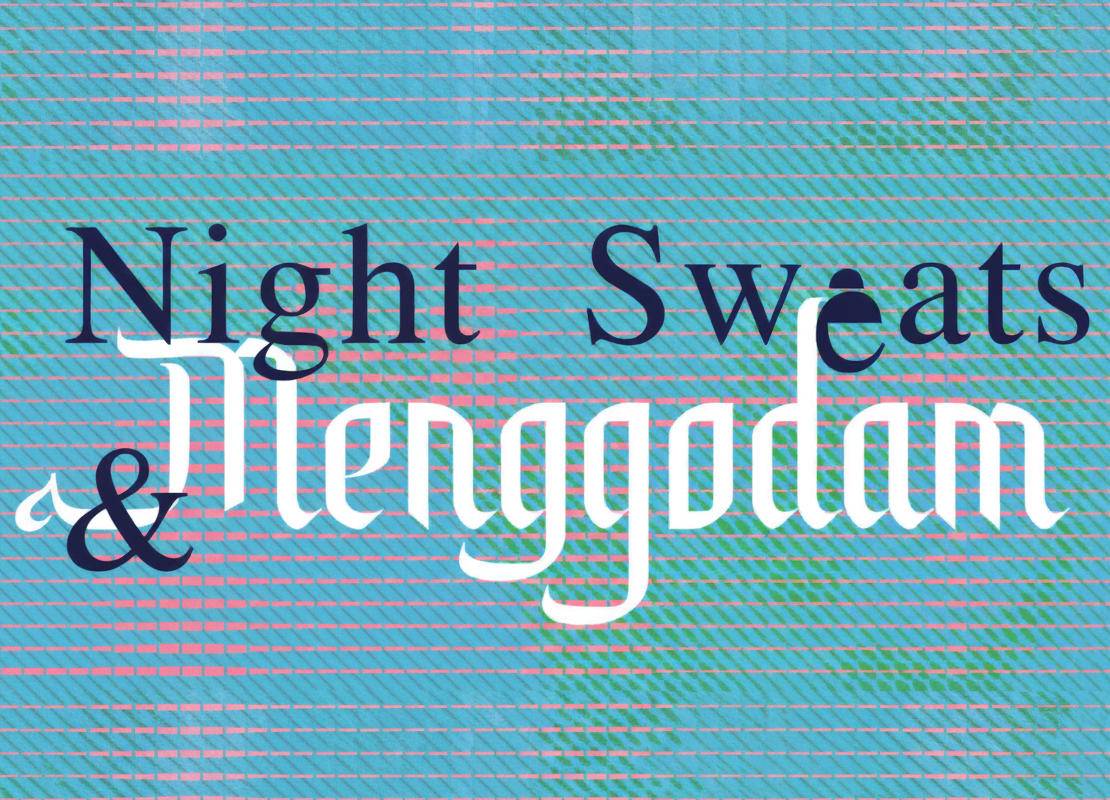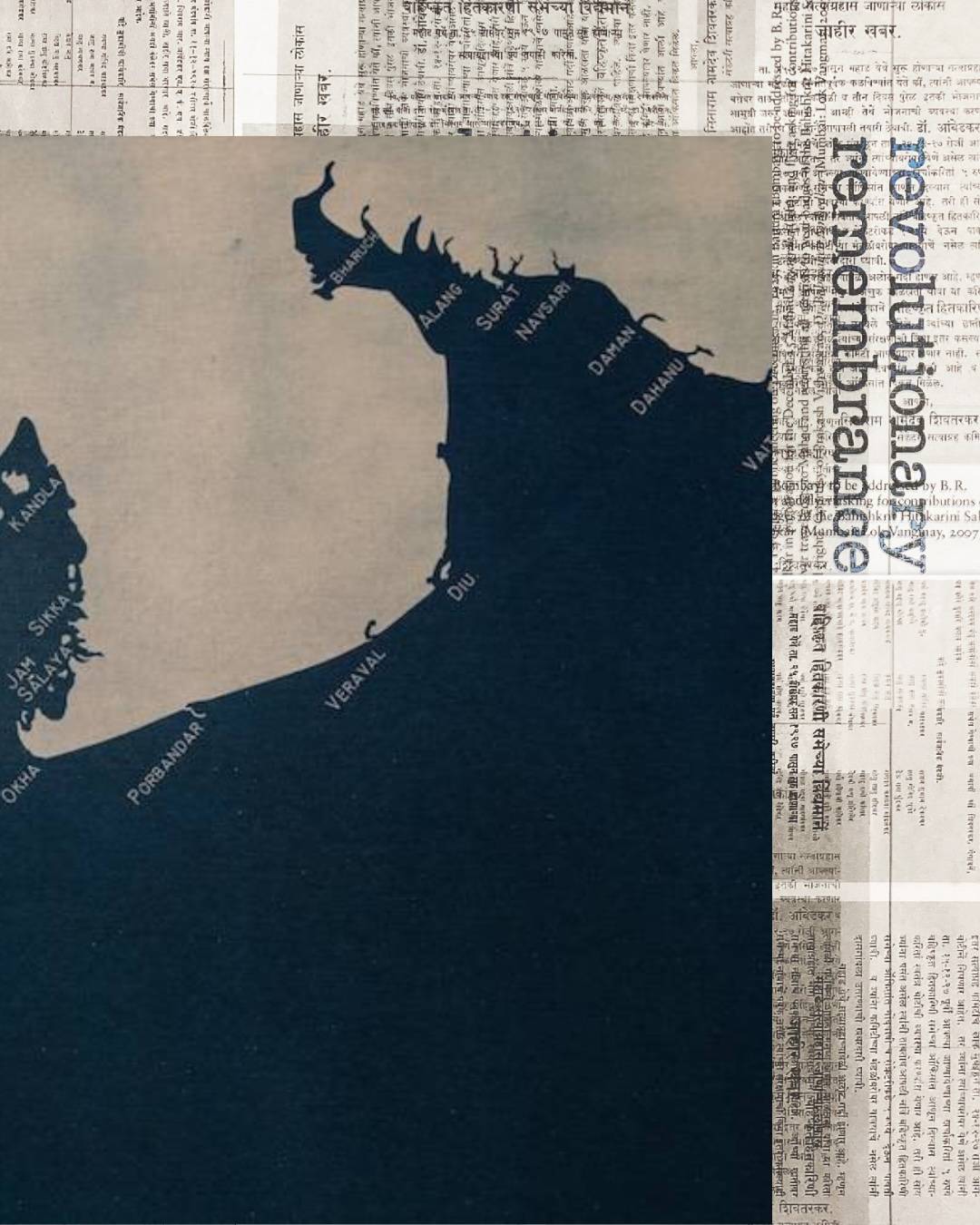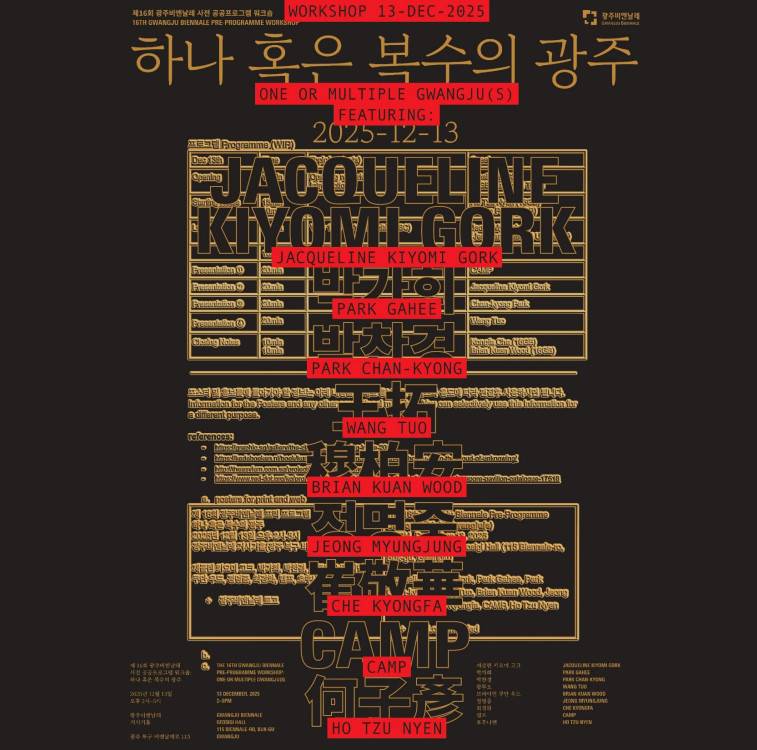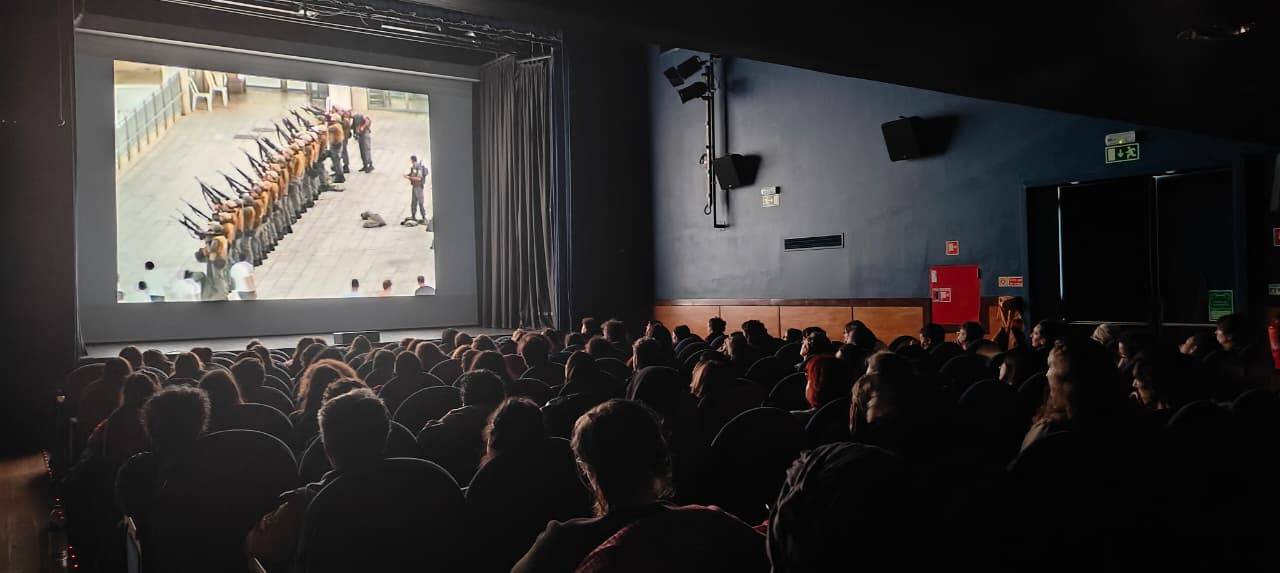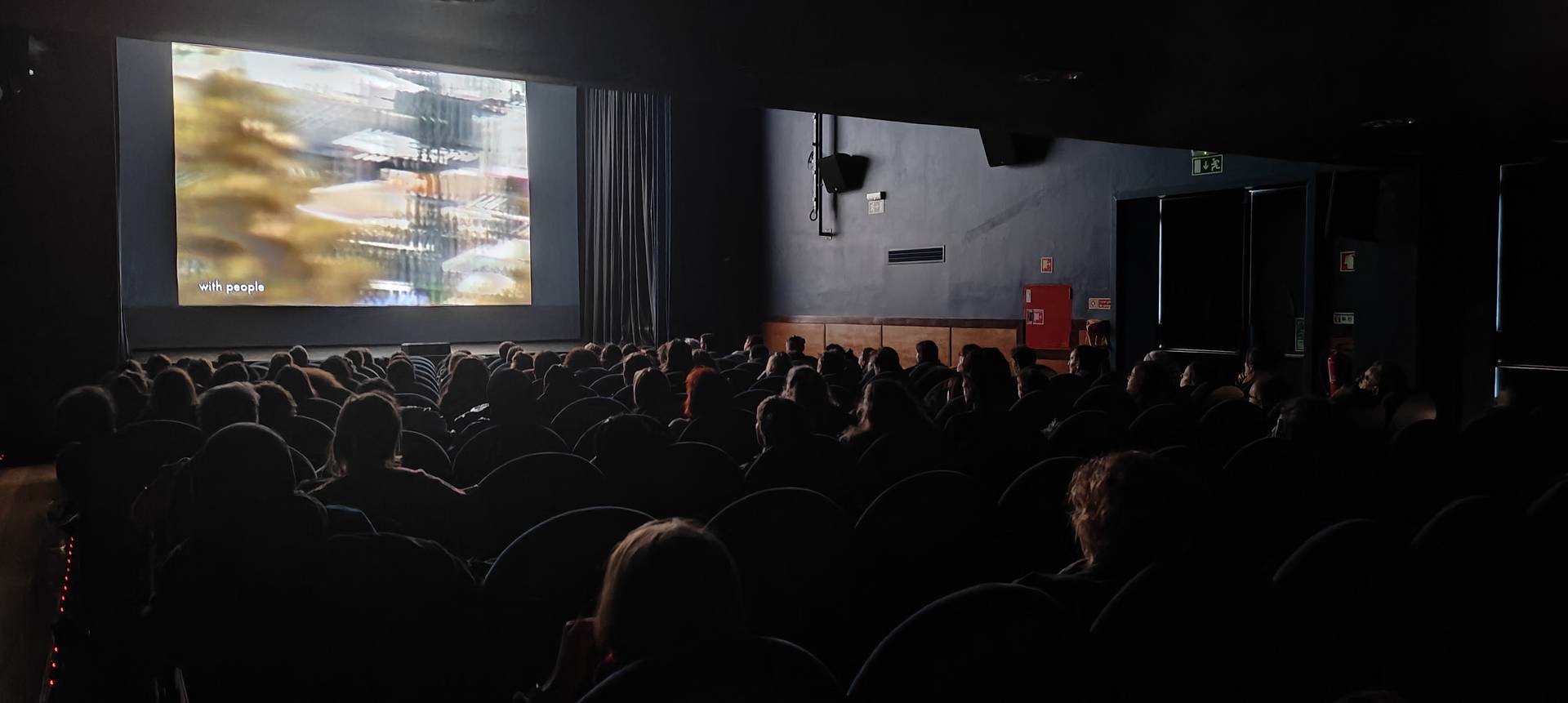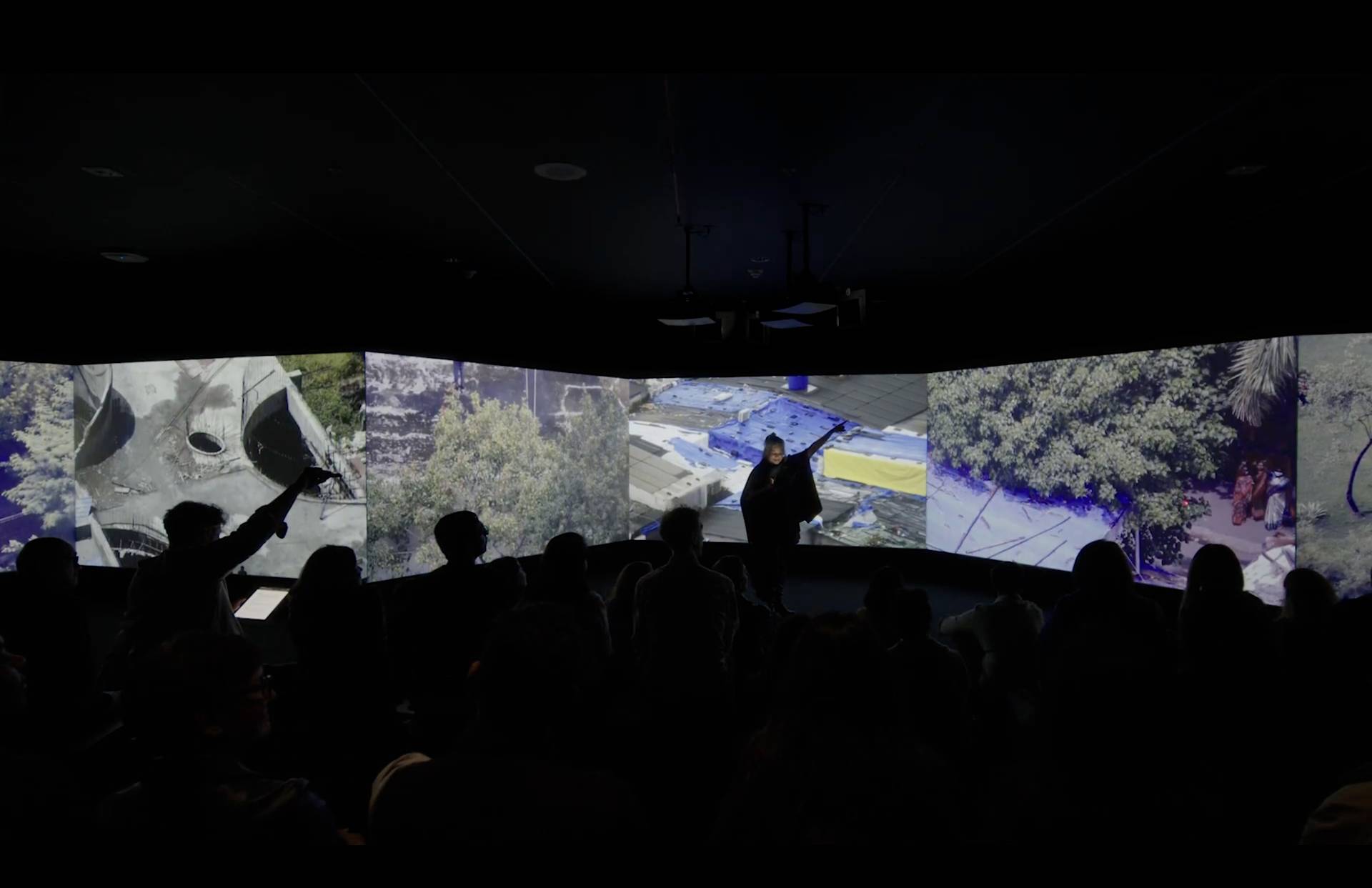Related
Jan. 4, 2025
CAMP Rooftop
Join us for a season of new films at CAMP which explore configurations and revelations of "world", amidst a world in pieces.
We begin the year with
GRAND TOUR
by Miguel Gomes
2024, 120 mins.
7:00 pm.
in memorium, Tejas Pande.
Pirate Cinema from Berlin, who we are working with on the video archive http://pad.ma, present a series of weekly (Sunday) events in the Pirate Cinema tradition, on films and footage.
Feb. 29, 2020
CAMP Rooftop
7:00 pm
ASSEMBLY, 30 min.
+
YEH FREEDOM LIFE, 70 min
Followed by a discussion with Priya
March 8, 2020
CAMP Rooftop
7:00pm
Followed by a discussion with Anamika Haksar and many cast and crew members.
As part of Mother Courage and her Unruly, Loving Children
March 14, 2020
CAMP Rooftop
POSTPONED :(
We will update with new date shortly
Saturday March 14, 2020
7:00 pm
with Pankaj Rishi Kumar
A roof-top venue that has been active since 2007, in this location since 2009.
Nov. 17, 2016 - Nov. 19, 2016
Battle for Banaras
Kamal Swaroop, 2014
2hrs 13mins
Friday, 18th November. 8 pm
Kamal and the crew will be present.
Through the film we cutaway to the river's edge and two men talking, about this place, and about politics older than the modern Indian city. Then we enter the city again, and its rushes of electoral spectacle, surging crowds, politically astute residents, actions designed for this time and place. When Kamal Swaroop says "I am no longer speaking, in my films" he seems to mean that he watching the crowds, listening, looking from whatever distance is possible, often with a long lens and a small crew.
Jan. 6, 2018
CAMP Rooftop, Chuim Village
The film evokes the practice of the diary film, at once observational and reflexive, and draws power from its twin strategies of frugal economy and long duration. Screening & discussion with Renu.
Jan. 11, 2017
Video and Stills with accompanying commentary
90 minutes
7:00 pm
*plus a newly-scanned copy of "A Seventh Man", Berger's photo-text book on migrant work.
Dec. 27, 2013 - Jan. 28, 2014
Pad.ma invites you toRivers without Banks at CAMP27th December, 2013 through 27th January, 2014Before the start of a new year; and among big and small resolutions for the future we chose to ask ourselves what is free cinema today, what is its political and perceptual economy, and what could we summon of its powers, before embarking on new journeys of making and thinking. Rivers without Banks is a screening program of films whose durations extend beyond conventional length. But importantly, this is not a collection put together quantitatively, even as we may argue that the epic scales present in the chosen films carry the weight of histories, and put together chronologically show us a century where individual everyday lives face the annals of terrible power; where the human condition battles with nature and technology, with love and loss, with good and evil.
CAMP presents Saturday or Sunday evening screenings through winter,
exploring footage both within and outside the usual capsule of "the
film". An experience that could be similar to watching films, or at
other times harder to digest, or slower to release, closer to the moment of
shooting, less censorious, and less fearful of finitude. Another life,
another world of viewing and listening experiences is always possible.
Sept. 8, 2018 - Sept. 11, 2018
CAMP Rooftop
"Ghar Mein Shehar Hona: City Housing in a Cultural Matrix, 1951 to 2020". Three evenings of immersive histories on CAMP Rooftop.
Events
Feb. 13, 2026
Phantom Publics
Shaina and Ashok present at Body Public: Through a Performance Archive, a research symposium at the Kochi Biennale, 2026.
Shaina: 100 year project, perfomative media.
Ashok: Types of writing as forms of attention to artwork, as distinct from gaze, listening, experience in general, or data analysis.
Shaina: 100 year project, perfomative media.
Ashok: Types of writing as forms of attention to artwork, as distinct from gaze, listening, experience in general, or data analysis.
Feb. 7, 2026
CAMP are recipients of Asia Society’s 2026 Asia Arts Pathbreaker Award
Jan. 24, 2026
Show and tell with Sanjay Bhangar.
Saturday, 24th January, 7 pm to 9 pm, at CAMP.
Jan. 10, 2026
CAMP Studio
Saturday, 6 to 8 pm.
A conversation with scholar Irina Aristarkhova and theorist/ curator Gunalan Nadarajan about their recent projects.
Irina presents ideas from an upcoming co-authored book on cyberfeminism, Night Sweats: Cyberfeminist Practices, out this year.
Guna will speak about a recent exhibition series across South East Asia, the first of which is named Menggodam.
Dec. 23, 2025 - Dec. 27, 2025
Dr. Ambedkar National Memorial, Mahad
Country of the Sea as part of revolutionary remembrance / क्रांती स्मरण
Dec. 13, 2025 - Dec. 15, 2025
CAMP took part in the 16th Gwangju Biennale Pre-Programme events.
Nov. 17, 2025 - Nov. 20, 2025
ecola das artes, Universidade Católica, Porto
Nov. 14, 2025 - Nov. 19, 2025
Odemira, Portugal
International Seminar on Documentary Film
“A collective / inarticulate harmony.”
Nov. 8, 2025 - Nov. 9, 2025
Museum of Contemporary Art, Tokyo
A video performance tour of the work in three-acts with Shaina and Ashok.
Choreographies of the Everyday and Tokyo Art Week
